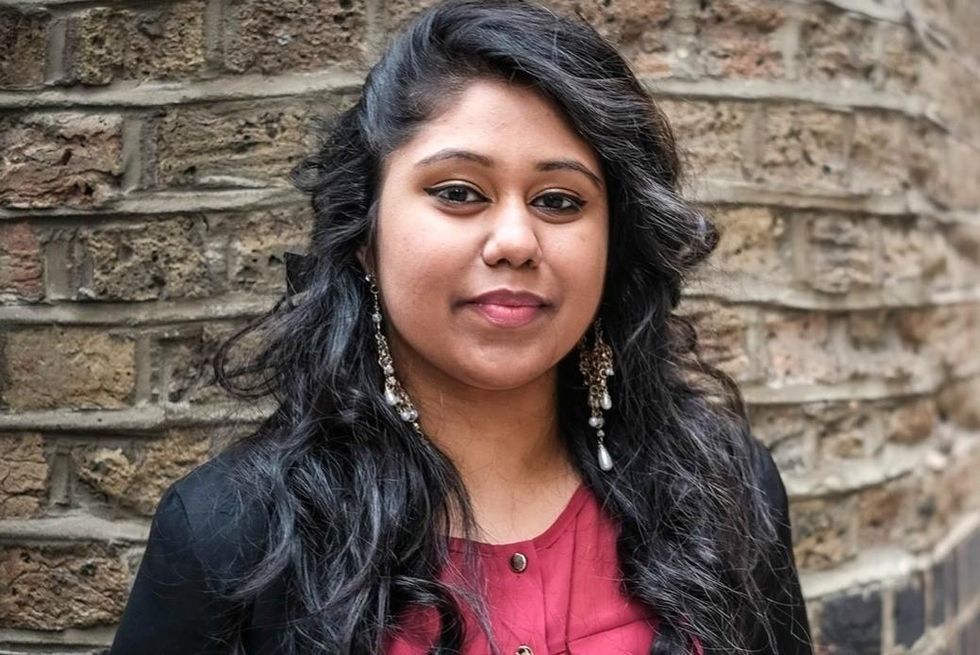The exploding youth
unemployment crisis appears to be unleashing a
public health one.
Youth facing long-term unemployment are more than two times as likely as their peers to believe they have nothing to live for at a rate of 21 percent, finds a report (pdf) released Thursday by the UK-based youth charity Prince's Trust.
In 2,161 interviews with UK-based young people aged 16 to 25 years old, the organization found that "40 per cent of jobless young people have faced these symptoms of mental illness - including suicidal thoughts, feelings of self-loathing and panic attacks - as a direct result of unemployment."
Nearly a third have "contemplated suicide," and nearly a quarter have "self-harmed" the report finds--rates higher than their peers.
The following chart illustrates key findings of the study.
"Being out of work knocked my confidence and made me feel like a failure," said Steve Hardie in an interview with Prince's Trust. "Things got so bad that I barely left the house. I was sitting at home all day thinking, which is a really bad idea when you're depressed. I went into self-critical mode and even had suicidal thoughts."
"Unemployment is proven to cause devastating, long-lasting mental health problems among young people," said Martina Milburn, chief executive of The Prince's Trust.
"This research proves that unemployment is a public health issue," said Shirley Cramer CBE, chief executive of the Royal Society for Public Health.
_____________________





